Abstract. Vernonia galamensis seed containing 40–42% oil and 30–34% epoxy acid, (cis-12,13-epoxy-cis-9-octadecenoic) was processed to oil and meal.Seed conditioning, pressing and solvent extraction research were conducted in pilot facilities at the French Oil Mill Machinery Co. (Piqua, OH).
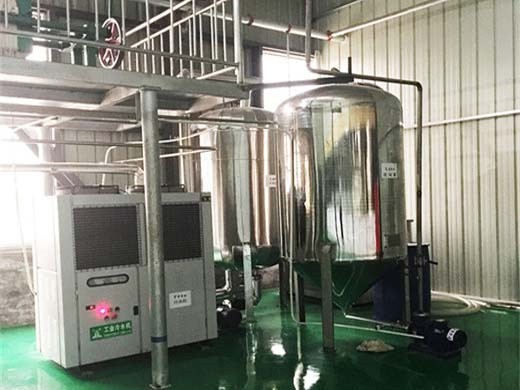
Vernonia galamensis seed containing 40–42% oil and 30–34% epoxy acid, (cis‐12,13‐epoxy‐cis‐9‐octadecenoic) was processed to oil and meal. Seed conditioning, pressing and solvent extraction research w...
Get Price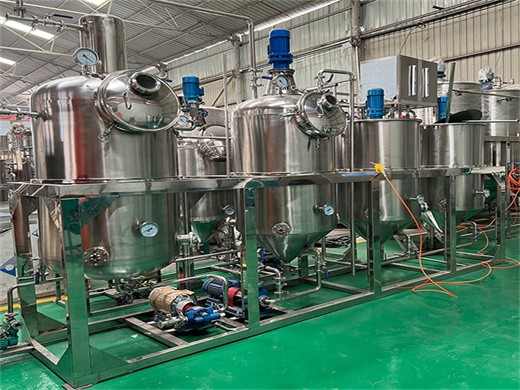
Pilot plant extraction of oil from Vernonia galamensis seed. (AGR:IND90058449) Abstract Citations; Related Articles; Data; BioEntities; External Links ' ' Ayorinde FO, ' ' Carlson KD, ' ' Pavlik RP, ' ' McVety J Journal of the American Oil Chemists' Society [01 ...
Get Price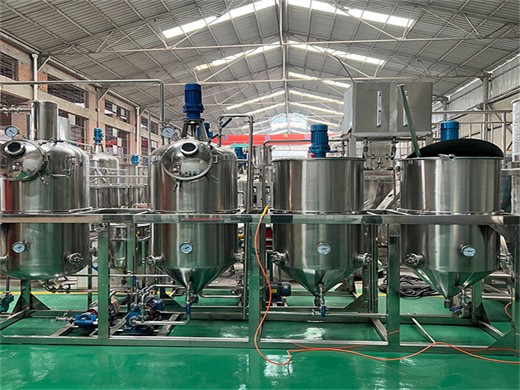
A native African plant, Vernonia galamensis, is an excellent source of epo'xy acid-containing triglyceride oil. The seed contains 40-42% oil, and the vernolic (cis-12,13 epoxy-cis-9-octadecenoic)acid content of the oil falls in the range 72-78%. Processing conditions have been explored for cleaning, tempering, and flaking the seed; efficie~~
Get Price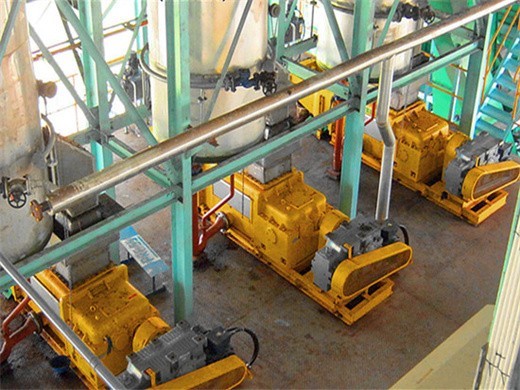
Pilot Plant Extraction Of Oil From Vernonia Galamensis Seed. Preparingpress cake for subsequent solvent extraction. Test conditions and results are summaried in Table 1. Solvent extraction. Press cake obtained in the press ing operation 220 lb. was divided into five equal quan tities 44 lb. for separate deepbed extraction in the Modular ...
Get Price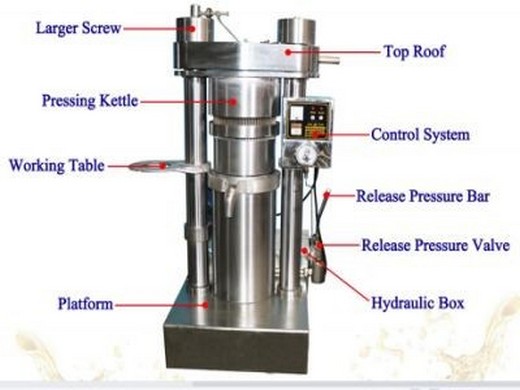
Vernonia galamensis is an excellent source of a seed oil rich in vernolic acid. However, the seeds of this plant exhibit a high lipase activity in the dormant state. The activity of this enzyme is apparent as vernonia oil will undergo lipolysis when the seeds are crushed prior to extraction.
Get Price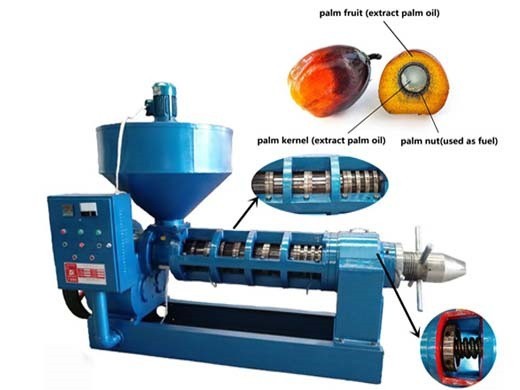
Vernonia galamensis (Cass.) Less. has potential for domestication as a new industrial oilseed source of natural epoxy fatty acids. Thirty-four accessions from the six subspecies of the Vernonia galamensis complex were characterized for seed weight, seed oil content, and fatty acid composition. The mean seed weight of the six subspecies was 3.42 g/1000 seeds, with a range of 2.46 g to 5.43 g ...
Get Price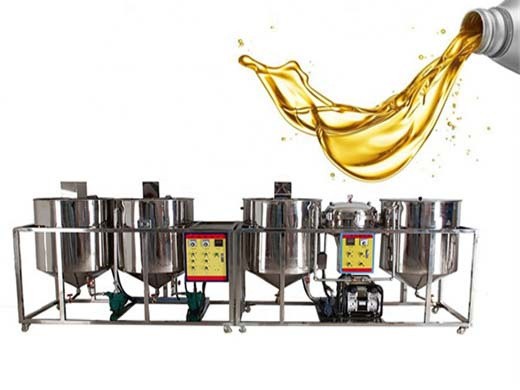
Vernonia galamensis is an excellent source of a seed oil rich in vernolic acid. However, the seeds of this plant exhibit a high lipase activity in the dormant state.
Get Price
Vernonia galamensis is a plant in the sunflower family, known for its use as an oilseed.This species, often called ironweed, is the largest source of vernonia oil, which is rich in a useful epoxy fatty acid called vernolic acid and is used to make plastics, rubbery coatings, and drying agents. Use of this oil as a replacement for traditional plasticizers and binders in the production of paints ...
Get Price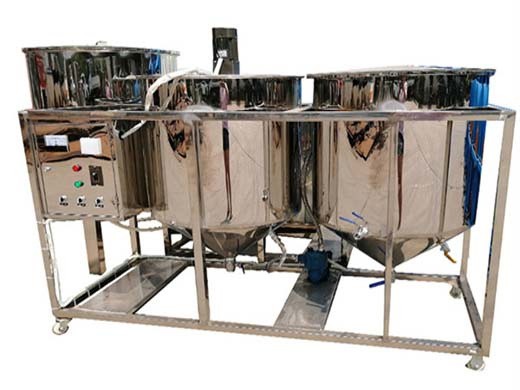
Vernonia galamensis seed containing 40-42% oil and 30-34% epoxy acid, (cis-12,13-epoxy-cis-9-octadecenoic) was processed to oil andmeal. Seed conditioning, press ing and solvent extraction research were conducted in pilot facilities at the French Oil
Get Price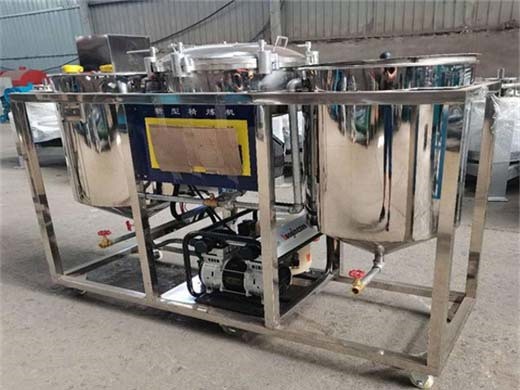
Abstract. Vernonia galamensis seed containing 40–42% oil and 30–34% epoxy acid, (cis-12,13-epoxy-cis-9-octadecenoic) was processed to oil and meal.Seed conditioning, pressing and solvent extraction research were conducted in pilot facilities at the French Oil
Get Price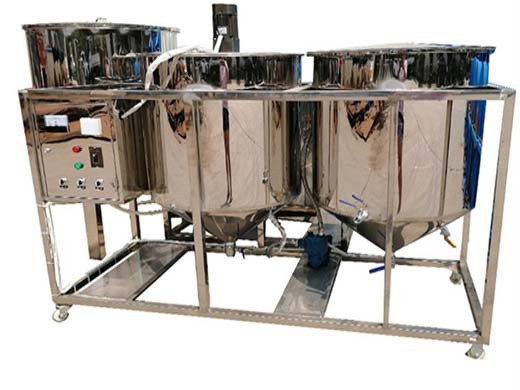
Vernonia galamensis seed containing 40–42% oil and 30–34% epoxy acid, (cis‐12,13‐epoxy‐cis‐9‐octadecenoic) was processed to oil and meal. Seed conditioning, pressing and solvent extraction
Get Price
Pilot Plant Extraction of Oil from Vernonia galamensis was processed to oil andmeal. Seed conditioning, press ing and solvent extraction research were conducted in pilot facilities at the French Oil Mill Machinery Co. (Pi qua, OH). Therobust lipase system was successfully in activated by treating 200 lb. batches of V. galamensis seed
Get Price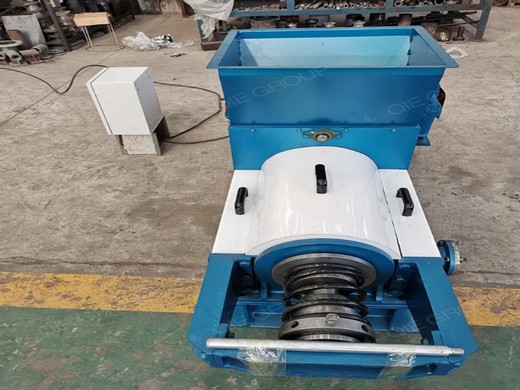
Pilot plant extraction of oil from Vernonia galamensis seed. (AGR:IND90058449) Abstract Citations; Related Articles; Data; BioEntities; External Links ' ' Ayorinde FO, ' ' Carlson KD, ' ' Pavlik RP, ' ' McVety J Journal of the American Oil
Get Price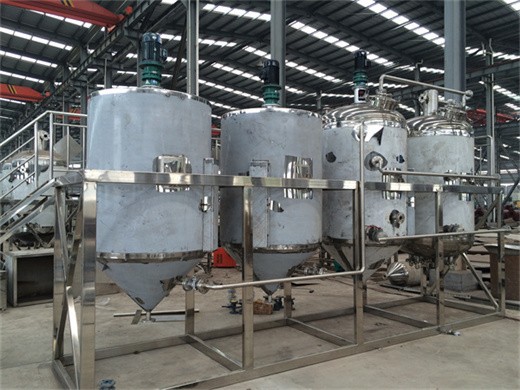
Vernonia galamensis is an excellent source of a seed oil rich in vernolic acid. However, the seeds of this plant exhibit a high lipase activity in the dormant state. The activity of this enzyme is apparent as vernonia oil will undergo lipolysis when the seeds are crushed prior to extraction.
Get Price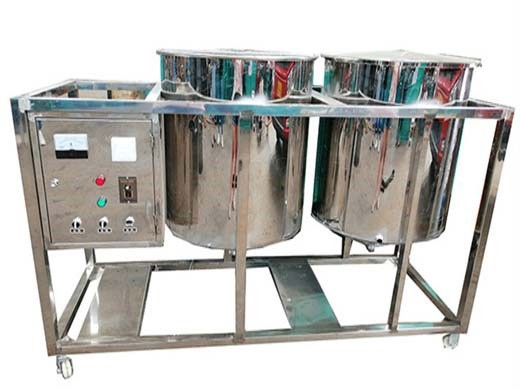
Solvent Extraction Pilot Plant For Sale. We are a large-scale manufacturer specializing in producing various mining machines including different types of sand and gravel equipment, milling equipment, Pilot Plant Extraction Of Oil From Vernonia Galamensis Seed.
Get Price
The solvent extraction plant is designed to extract oil directly from oil seeds containing less than 20% oil, like soybeans, after flaking. Or it extracts oils from pre-pressed or fully pressed cake of seeds containing more than 20% oil like sunflowers, peanuts, cotton seed
Get Price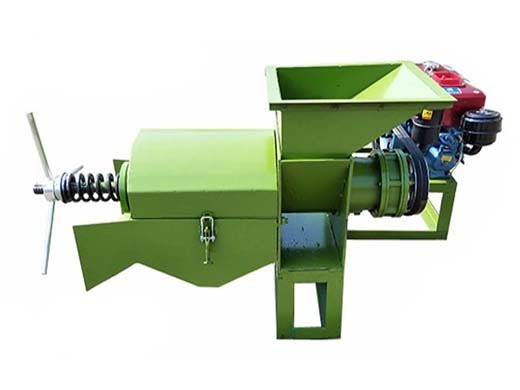
solvent extraction pilot plant for sale:ut New Condition Oil Seed Solvent Extraction Plant Equipment For Hot small cyanide plant used in extraction of gold in south africa based on solvent extraction, small scale gold cyanide plant sale south Specialists in Solvent Extraction and Feb 23, 2013 The pilot plant was used 540,000 TPY Soybean Oil Extraction Plant
Get Price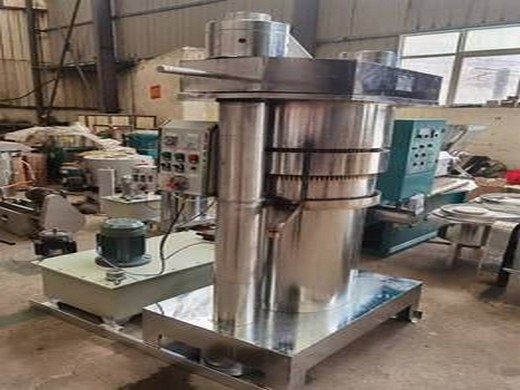
Vernonia galamensis is a plant in the sunflower family, known for its use as an oilseed.This species, often called ironweed, is the largest source of vernonia oil, which is rich in a useful epoxy fatty acid called vernolic acid and is used to make plastics, rubbery coatings, and drying agents. Use of this oil
Get Price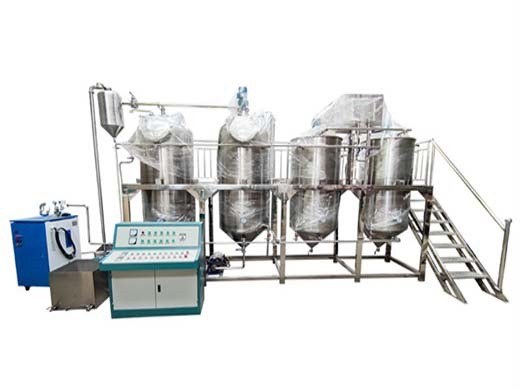
Vernonia seeds contain up to 40% epoxy oil and this oil has up to 80% vernolic acid (cis-12,13-epoxyoleic acid). Plantings in Eritrea, Kenya, and Zimbabwe confirmed that V.
Get Price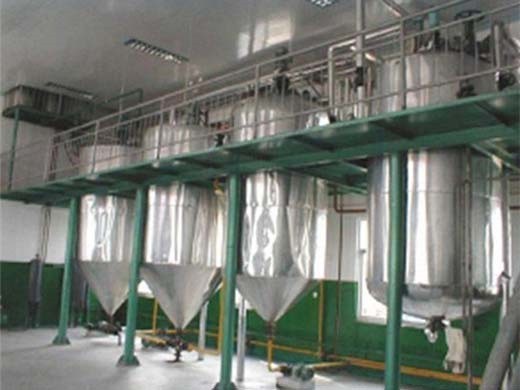
Number of results to display per page. 20 per page . 20 per page; 50 per page; 100 per page; Search Results
Get Price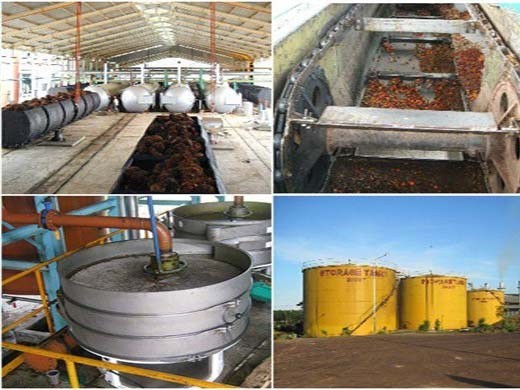
batch plant extraction of oil from seeds. The process flow for stationary concrete batch plant will start from feeding of aggregates to the feeder bins. Process of concrete mixing plants end at the output of
Get Price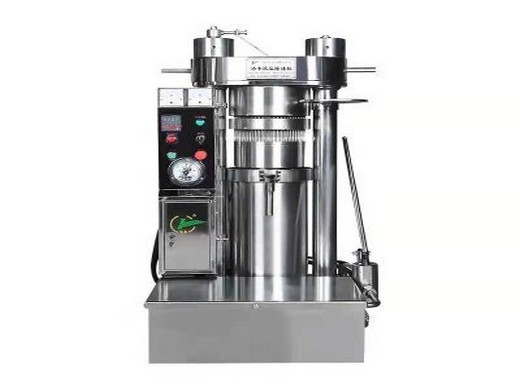
Characterization ofVernonia galamensis germplasm for seed oil content, fatty acid composition, seed weight, and in the seed oil of Vernonia anthelmintica, a plant native to India and Pak separate, clean vial. Hexane extraction
Get Price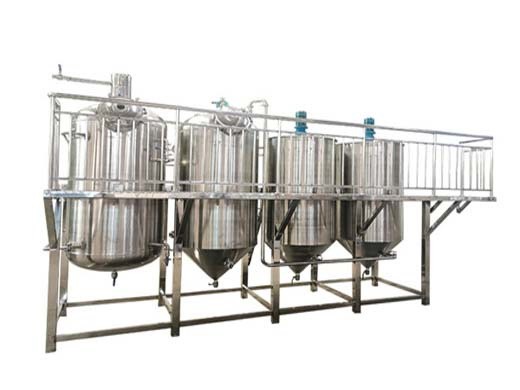
Vernoniaöl auch (Kinkaöl, Vapachiöl speziell für Baccharoides anthelmintica), ist ein Pflanzenöl aus den Samen verschiedener afrikanischer Korbblütler (Asteraceae); ehemals Vernonia-Arten, die nun neu taxonomiert wurden. Die Samen enthalten ca. 23–43 % Fett. Hauptlieferant ist heute Centrapalus pauciflorus (Syn: Vernonia galamensis
Get Price
Epoxidised compounds such as oils, esters and waxes, which are based on vernolic acid, have been found to be useful for treating lesions on mammalian skin. The lesions may be caused by disease or wounding. A particularly preferred epoxidised compound is oil extracted from Vernonia galamensis seed, i.e. vernonia oil
Get Price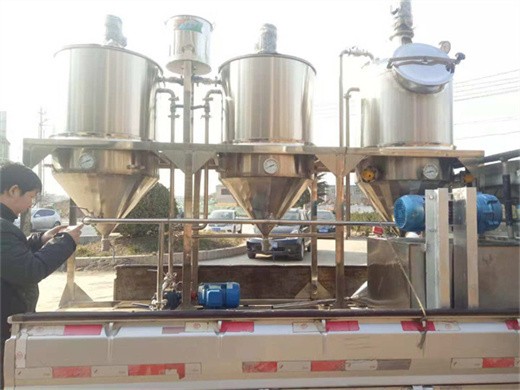
Characterization ofVernonia galamensis germplasm for seed oil content, fatty acid composition, seed weight, and in the seed oil of Vernonia anthelmintica, a plant native to India and Pak separate, clean vial. Hexane extraction was done three times. The combined hexane extracts were.
Get Price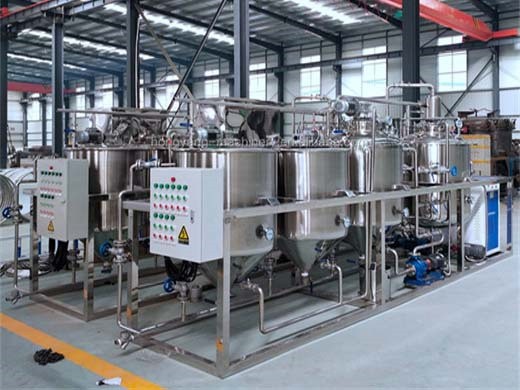
Vernonia oil is obtained by extraction from Vernonia galamensis seeds. It is a triglyceride containing 70–80 % vernolic acid (12,13-epoxy-9-decenoic acid). With approximately three epoxy groups per molecule, vernonia oil is a good raw material for new product development and many derivatives have been reported. In this work we report for the first time direct polymerization of vernonia oil
Get Price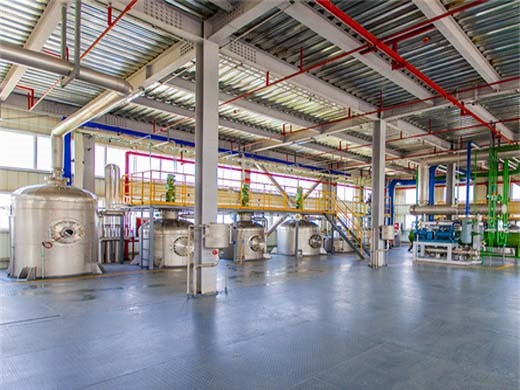
Cassava plants produce small seeds in capsules. The three methods used for the extraction of oil from the seeds all seem effective. Characteristics of Vernonia galamensis for seed oil content, fatty acid composition, seed weight and vernolic acid content. Ind.
Get Price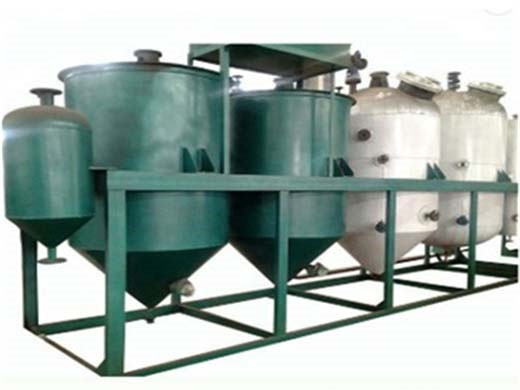
Titre : The extraction and characterization of vernonia oil from Vernonia galamensis seeds and its conversion into dibasic acids and some adhesive resins. Auteur : Kimwomi, Reuben R K Université de soutenance : University of Nairobi, Kenya Grade : Master of Sciences MSc 1992 Résumé Vernonia galamensis is an oilseed crop with interesting chemical groups, having potential of being an
Get Price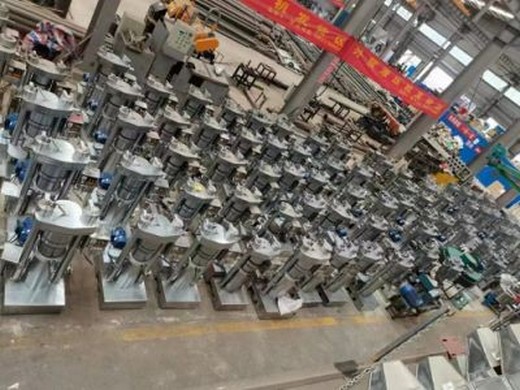
Larvicidal activity and phytochemical composition of crude extracts derived from Vernonia lasiopus, Vernonia auriculifera and Vernonia galamensis against the malaria vector Anopheles gambiae. Beatrice Tarwish (BSc.) Reg. No. I56/11583/07 A thesis submitted in partial
Get Price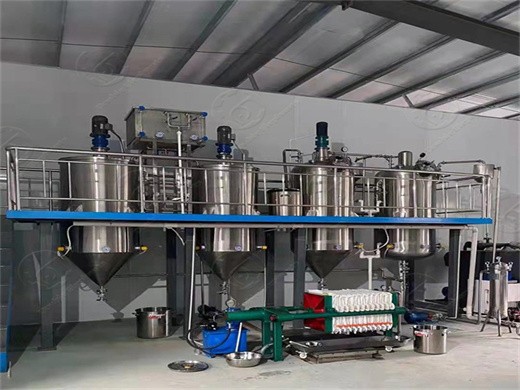
Epoxidised oil, epoxidised wax or epoxidised fatty acid ester recovered from Vernonia Galamensis seeds provide topical medicament preparations which are effective in preventing and treating various different forms of skin diseases, skin lesions and wounds. These epoxidised oil, epoxidised wax or epoxidised fatty acid ester recovered from Vernonia Galamensis seeds can also be bound to bio
Get Price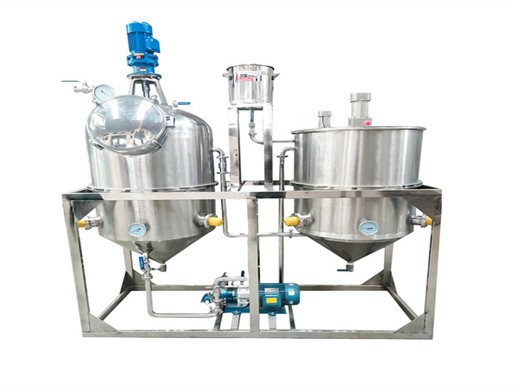
Natural outcrossing rate in Vernonia galamensis Natural outcrossing rate in Vernonia galamensis Baye, T.; Becker, H. C. 2004-08-01 00:00:00 Vernonia galamensis is a potential new industrial crop growing wild in Ethiopia. The seed oil is rich in vernolic acid, an epoxy fatty acid, which is of interest for oleochemical uses.
Get Price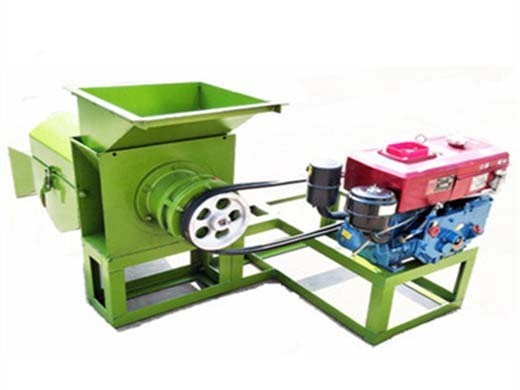
Vernonia galamensis, whose seeds can be used to produce high-demand, environmentally friendly oil, can stimulate the economy of a country like Eritrea. The seed from the plant contains oil rich in epoxy fatty acids. A potential market use is as a drying agent for resin paints and can form clear, tough, rubbery plastics or coatings on metal.
Get Price
2.2. Vernonia oil and its composition Vernonia galamensis is a new potential industrial oil seed crop for semi-arid areas of the tropics and subtropics, with very high content of vernolic acid [2,3,7,12,13]. The vernolic acid is primarily present as the triglyceride, trivernolin (Figure 2)
Get Price
Vernoniaöl auch (Kinkaöl, Vapachiöl speziell für Baccharoides anthelmintica), ist ein Pflanzenöl aus den Samen verschiedener afrikanischer Korbblütler (Asteraceae); ehemals Vernonia-Arten, die nun neu taxonomiert wurden. Die Samen enthalten ca. 23–43 % Fett. Hauptlieferant ist heute Centrapalus pauciflorus (Syn: Vernonia galamensis), hier ist auch die Ölausbeute höher.
Get Price